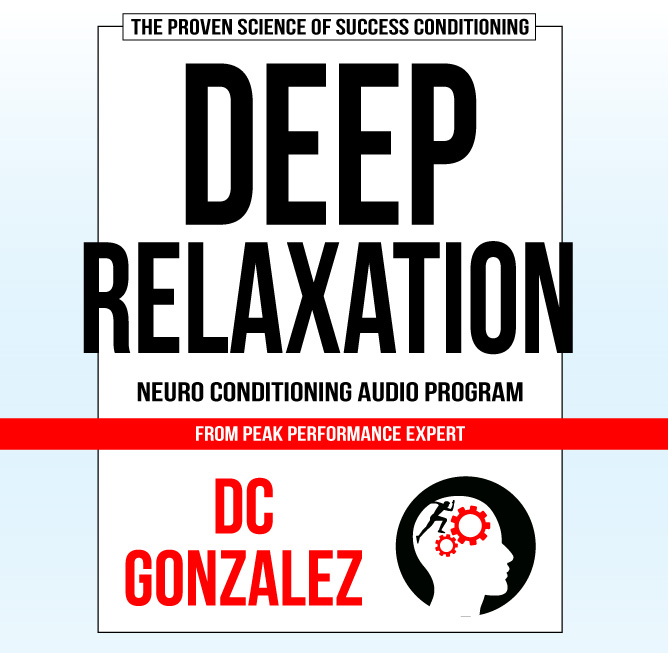Sales teams need a sales coaching process. It entails assessing team members’ strengths and shortcomings, giving guidance and tools, and improving performance. Sales coaching process can boost sales, revenue, and customer satisfaction. Tony Robbins and John Wooden have proved that the appropriate coaching may make all the difference in success.
Given the many alternatives, choosing a coaching model might be difficult. That’s why we’ve prepared a list of the most successful sales coaching models. This post will cover the GROW model, Socratic questioning model, TED model, OSKAR model, and SCORE model, providing an overview of each and examples of how to utilize them in sales coaching. This article will help sales managers and salespeople improve their performance.

Sales Coaching Process : The GROW Model
Goal-setting and achievement are supported by the GROW model. Sir John Whitmore’s GROW approach, utilized in sales coaching, is simple but powerful. GROW:
- Goal: Determine the salesperson’s objective.
- Reality: Evaluate the situation and identify challenges to accomplishing the goal.
- Options: List your goal-achieving options.
- Way Forward: Create a detailed action plan to reach the goal.
The GROW model can help salespeople set goals and overcome hurdles in sales coaching. Sales coaches can help salespeople examine options and establish a plan of action to reach their goals by assessing the situation’s reality.
A salesperson may aim to increase revenue by 20% in the next quarter. The sales coach can use the GROW model to help the professional examine their current status and identify any barriers to achieving this goal, such as a lack of leads or training. The coach can then help the professional investigate options like lead generation or sales abilities and design a precise action plan to reach the desired result.
The GROW approach helps sales coaches set and achieve targets. Sales coaches can boost team performance by helping salespeople create and achieve goals.
Sales Coaching Process : The Socratic Questioning Model
Coaching employing the Socratic questioning model helps individuals and teams critically assess their views, beliefs, and assumptions. Socrates’ model, used in sales coaching, helps salespeople evaluate their strengths and limitations and better understand their clients’ demands.
Six sorts of Socratic questions:
- Clarifying Questions: These assist salespeople understand the issue.
- Probing Assumptions: These inquiries assist salespeople to recognize and question their preconceptions.
- Probing Rationale: These questions assist salespeople to assess their mental processes.
- Questioning Viewpoints and Perspectives: These questions let salespeople explore different angles.
- Probing Evidence and Consequences: These questions help salespeople evaluate their thinking and behaviors.
- Questioning Implications and Consequences: These inquiries assist salespeople to rethink their actions and thinking.
The Socratic questioning model can help salespeople examine their assumptions, evaluate their logic, and better understand their clients’ demands. Sales coaches can use this paradigm to help salespeople think critically, make better decisions, and perform better.
A salesperson may presume a prospect doesn’t want their goods. The sales coach can use Socratic questioning to clarify the scenario, investigate the sales professional’s assumptions, and evaluate the facts and potential repercussions of their views and actions. This can help salespeople discover and challenge their preconceptions, examine different views, and make more informed decisions to increase sales effectiveness.
The Socratic questioning model helps salespeople think critically and comprehend consumers’ demands. Sales coaches can assist salespeople to improve by utilizing this model.

Sales Coaching Process : The TED Model
The TED approach helps salespeople deliver persuasive presentations. Sales coaching uses this paradigm, named after the iconic TED lectures, to develop strong and compelling presentations.
TED has three parts:
- Tension: Highlight a relatable issue to create tension.
- Empathy: Understand and empathize with the audience.
- Direction: Provide clear and actionable advice.
The TED model can assist salespeople to make customer-focused presentations in sales coaching. This methodology helps salespeople make memorable, convincing, and sales-boosting presentations.
A salesperson may pitch a new product to a prospect. The salesperson can start with a customer issue like inefficient operations or expensive costs using the TED model. The salesperson can then demonstrate empathy by acknowledging the customer’s worries and offering a clear, concrete solution that meets their requirements and interests.
Sales coaching using the TED model helps salespeople build compelling, customer-focused presentations. Sales coaches can use this strategy to assist salespeople to improve their presentations and boost sales.
The OSKAR Model
Solution-focused coaching is the OSKAR model. It is an acronym for Outcome, Scaling, Know-how, Affirm and Action, and Review. Sales coaching uses this strategy to assist salespeople to reach their goals and improve.
Overview of OSKAR model components:
- Outcome: Determine the sales professional’s goal. It could be a sales aim or customer satisfaction.
- Scaling: Employ scaling questions to assist salespeople to assess their performance and determine what they need to do to succeed. “On a scale of 1-10, how near are you to your goal?” “How do you go from 6 to 8 on the scale?”
- Know-how: Determine what salespeople need to succeed. Helping salespeople learn, may involve training or coaching.
- Affirm and Action: Motivate the salesperson to take action toward their goal and provide positive feedback and affirmation. This can boost salesperson confidence.
- Review: Check progress toward the target regularly. This may include learning new skills or adjusting tactics to reach the desired result.
Sales coaches can use the OSKAR model to assist sales people to set goals, assess their performance, learn new skills, take action, and evaluate their progress. This coaching methodology helps boost sales success with a clear structure.
A salesperson may aim to increase sales by 20% next quarter. The sales coach can use the OSKAR model to help the salesperson find new sales prospects or improve their closing skills. The coach can then train and guide the sales professional and provide them with favorable feedback. Finally, the coach can monitor progress toward the target and make adjustments to keep the sales professional on track.
The OSKAR approach helps salespeople set goals, build skills and knowledge, take action, and evaluate their progress. Sales coaches can assist salespeople to improve by utilizing this model.
The SCORE Model
The SCORE approach coaches salespeople to define and achieve goals. This methodology stands for Goals, Plan, Overcome, Recognize, and Evaluate. Sales coaches can use the SCORE model to help salespeople reach their goals in a systematic way.
Overview of SCORE model components:
- Setting goals: The SCORE methodology starts by helping salespeople set quantifiable, specific goals that support their sales goals. Based on the salesperson’s talents and shortcomings, these targets should be tough yet doable.
- Creating a plan: After setting goals, assist the salesperson to establish a plan to achieve them. This strategy should outline actions, milestones, and deadlines.
- Overcoming obstacles: Salespeople will face problems as they pursue their goals. The coach helps salespeople discover and overcome these challenges, whether they’re skills, knowledge, or mindset.
- Recognizing achievements: Salespeople should celebrate their progress toward their targets. This can boost confidence, motivation, and goal-setting momentum.
- Evaluating the outcome: After the coaching time, it’s necessary to assess progress toward goals. This can highlight areas for improvement and guide the coaching process.
Sales coaches can assist salespeople to develop and achieve goals that support their sales goals utilizing the SCORE model. This strategy provides a clear teaching structure and can boost sales success.
Conclusion
In conclusion, good sales coaching boosts sales performance and success. Sales coaches can help salespeople reach their goals by adopting coaching approaches including the GROW model, Socratic questioning model, TED model, OSKAR model, and SCORE model.
Each coaching methodology helps salespeople create and achieve goals and overcome barriers. Sales coaches can assist salespeople to succeed by applying these models.
Understand these coaching methods and each sales professional’s needs and goals to be a good sales coach. Sales coaches may assist salespeople to reach their maximum potential and boost their company’s sales by customizing coaching sessions and employing the correct coaching approach.






